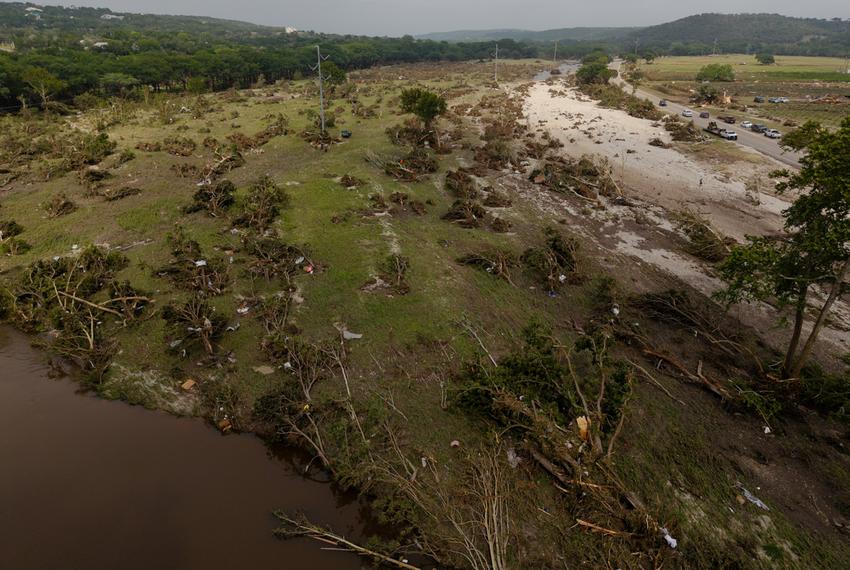The serene anticipation of a Fourth of July celebration in Kerrville, Texas, quickly turned into a scene of devastating chaos as the Guadalupe River unleashed a catastrophic flash flood. This natural disaster exposed critical communication gaps and a concerning lack of preparedness among local officials, raising urgent questions about how state and local entities responded to the escalating flood warnings. The profound impact of the deluge, which tragically claimed lives and submerged areas along the riverbanks, highlights the severe consequences of misjudging environmental threats.
Emails and text messages exchanged between Kerrville city officials offer a stark glimpse into the critical 24 hours leading up to the disaster. These communications reveal that some leaders, including Mayor Joe Herring Jr., were initially focused on the holiday festivities, seemingly unaware of the immense danger posed by the rapidly rising waters. This initial disconnect underscores a broader challenge in disaster management: grasping the true magnitude of an unfolding crisis when early signs might appear deceptively minor.
As state lawmakers prepare for a legislative hearing in Kerr County, scrutiny intensifies over the emergency response efforts. The inquiry aims to address lingering questions about the effectiveness of local and state coordination during the horrific storm that ravaged communities along the Guadalupe. Experts emphasize the vital need for robust and multi-faceted warning systems, ensuring that officials and residents alike receive timely and accurate information to enable proactive measures and minimize casualties during Texas disaster events.
A significant concern highlighted by the Kerrville floods is the absence of a clear mechanism for the state to confirm local leaders’ awareness and responsiveness during emergencies. Testimony heard in preliminary state-level hearings indicated a lack of standardized qualifications for emergency management coordinators, suggesting a systemic vulnerability in government accountability. This deficiency can severely impede effective disaster preparedness and lead to delayed or insufficient actions when every minute counts.
The initial focus on preserving the Fourth of July celebration rather than fully acknowledging the impending flood’s severity showcased a common human struggle to comprehend unfolding disasters, as noted by emergency management expert Samantha Montano. This observation underscores the critical role of strong local emergency management leadership in translating abstract warnings into decisive action. The incident has now cemented the need for enhanced local capabilities, which have often been overshadowed by a relatively well-funded state emergency team.
Despite some early confusion, records indicate that efforts were made by certain personnel. Kerrville Police Chief Chris McCall, for instance, confirmed his department monitored flood-prone areas and closed low-water crossings before the worst of the flooding. He also received a Code Red warning from Kerr County about severe flooding upriver in Hunt, indicating that some alerts were indeed disseminated, though the reach and impact of these flood warnings remain a point of inquiry.
The content of weather-related emails sent to Kerrville’s Emergency Management Coordinator, Jerremy Hughes, who was nearing retirement, painted a picture of initially understated threats. While a flood watch was eventually issued, the severity of predicted rainfall—initially one to three inches—drastically underestimated the more than 12 inches that ultimately fell. This highlights the unpredictable nature of extreme weather and the challenge of accurate forecasting, which directly impacts the urgency conveyed through official communications.
The tragic events led to significant public backlash against local officials, with some residents expressing bewilderment and anger over the perceived lack of foresight and delayed response. While Mayor Herring Jr. insists the city adhered to its emergency plan and lacked accurate real-time warnings, the incident undeniably underscored a critical need for improved early detection, proactive decision-making, and seamless communication across all levels of government oversight during major environmental crises.






Leave a Reply